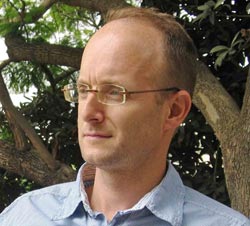How Israel robs Palestinians of citizenship
Israel has quietly revoked the citizenship of thousands of members of its large Palestinian minority in recent years, highlighting that decades of demographic war against Palestinians are far from over. According to government data, some 2,600 Bedouins are likely to have had their Israeli citizenship voided. Officials, however, have conceded that the figure may be much higher.
